order histories, retained contact details for faster checkout, review submissions, and special promotions.
Forgot password?
order histories, retained contact details for faster checkout, review submissions, and special promotions.
Locations
Orders Processing,
Shipping & Receiving,
Warehouse
2 Shaker Rd Suites
B001/B101
Shirley, MA 01464
Production Lab
Floor 6, Suite 620
20700 44th Avenue W
Lynnwood, WA 98036
Telephone Numbers
Tel: +1 (206) 374-1102
Fax: +1 (206) 577-4565
Contact Us
Additional Contact Details
order histories, retained contact details for faster checkout, review submissions, and special promotions.
Forgot password?
order histories, retained contact details for faster checkout, review submissions, and special promotions.
PAK3
p21 protein (Cdc42/Rac)-activated kinase 3
Serine/threonine protein kinase that plays a role in a variety of different signaling pathways including cytoskeleton regulation, cell migration, or cell cycle regulation. Plays a role in dendrite spine morphogenesis as well as synapse formation and plasticity. Acts as downstream effector of the small GTPases CDC42 and RAC1. Activation by the binding of active CDC42 and RAC1 results in a conformational change and a subsequent autophosphorylation on several serine and/or threonine residues. Phosphorylates MAPK4 and MAPK6 and activates the downstream target MAPKAPK5, a regulator of F-actin polymerization and cell migration. Additionally, phosphorylates TNNI3/troponin I to modulate calcium sensitivity and relaxation kinetics of thin myofilaments. May also be involved in early neuronal development.
| Gene Name: | p21 protein (Cdc42/Rac)-activated kinase 3 |
| Family/Subfamily: | Protein Kinase , PAK (STE20) |
| Synonyms: | PAK3, Beta-PAK, BPAK, MRX47, HPAK3, Oligophrenin-3, PAK3beta, MRX30, OPHN3, p21-activated kinase 3, PAK-3, BetaPak |
| Target Sequences: | NM_002578 NP_002569.1 O75914 |
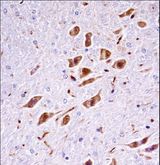
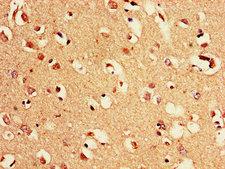
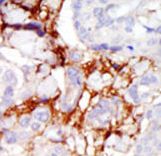
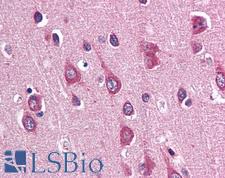
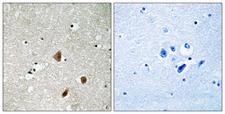
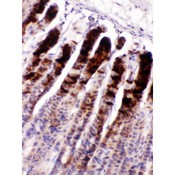
![PAK3 Antibody - Immunofluorescence of monoclonal antibody to PAK3 on NIH/3T3 cell. [antibody concentration 10 ug/ml]](https://lsbio-7d62.kxcdn.com/image2/pak3-antibody-clone-1h7-ls-c197843/145928_5102291.jpg)
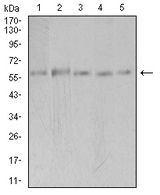

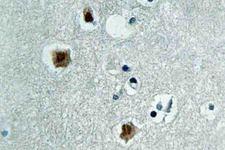
If you do not find the reagent or information you require, please contact Customer.Support@LSBio.com to inquire about additional products in development.










